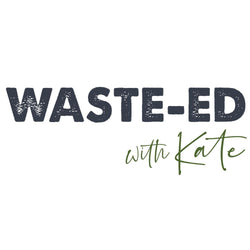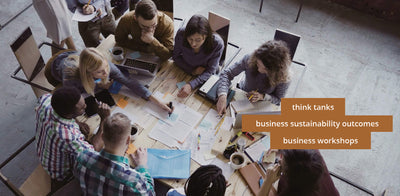Waste Free Period Program
Waste Free Period Program
This program began as part of a trial in Timaru Girls High School. Since the trial we have provided this program in several regions including Canterbury (30 schools), Queenstown Lakes (2 Schools), Tauranga (10 schools), Western Bay (3 schools) Taranaki & Ruapehu (13 schools), Taupo (2 Schools), Wellington region (4 schools), Horowhenua (2 schools), Whanganui (1 School), Napier / Hastings (5 Schools).
In 2023 we will be growing the program to re-deliver in many of the schools we have already delivered in plus 8 schools in Hamilton, 3 in Waipa, 1 in Matamata and the list keeps growing!
The program includes a fun 45 min – 1 hour long presentation to introduce the concept of reusable menstrual products and talk about how to deal with period waste with the school students.
We generally have 100 cups OR 50 cups and 100 pads to give away at the school to the students to give the young women a chance to try reusable products. We also share online resources for the health department to share with students.
After the presentation the schools (teachers and students) give feedback on how they felt about the presentation and if the students are willing to try reusable products.
What do periods have to do with waste?
According to latest statistics from 2017 there are 1,260,420 women of menstruating age between the ages of 12-50 years old. (Info share: https://www.stats.govt.nz/)
This is 1,260,420 women disposing of an average of 347,875,920 tampons per year into our landfills. This equates to 4974.6 tonnes of menstrual waste per year that goes into LANDFILL (Red Bin). Over the lifetime of all menstruating women (38 years) the figure that would be going to landfill would be 189,063 tonnes.
If these women were to use a menstrual cup
over the lifetime of their menstruation we have calculated that they would produce 2.356kg of menstrual waste and the waste is only silicone cups which are clean and not saturated with menstrual fluid. This equates to a total tonnage of 78.15 tonnes over the lifetime of disposing of cups into landfill over 38 years.
Wastewater Issues?
This project is really helpful when considering all of the wastewater issues councils are currently facing with the flushable product problem. It highlights and educates the students on why these products cannot be flushed and how to deal with them appropriately.


